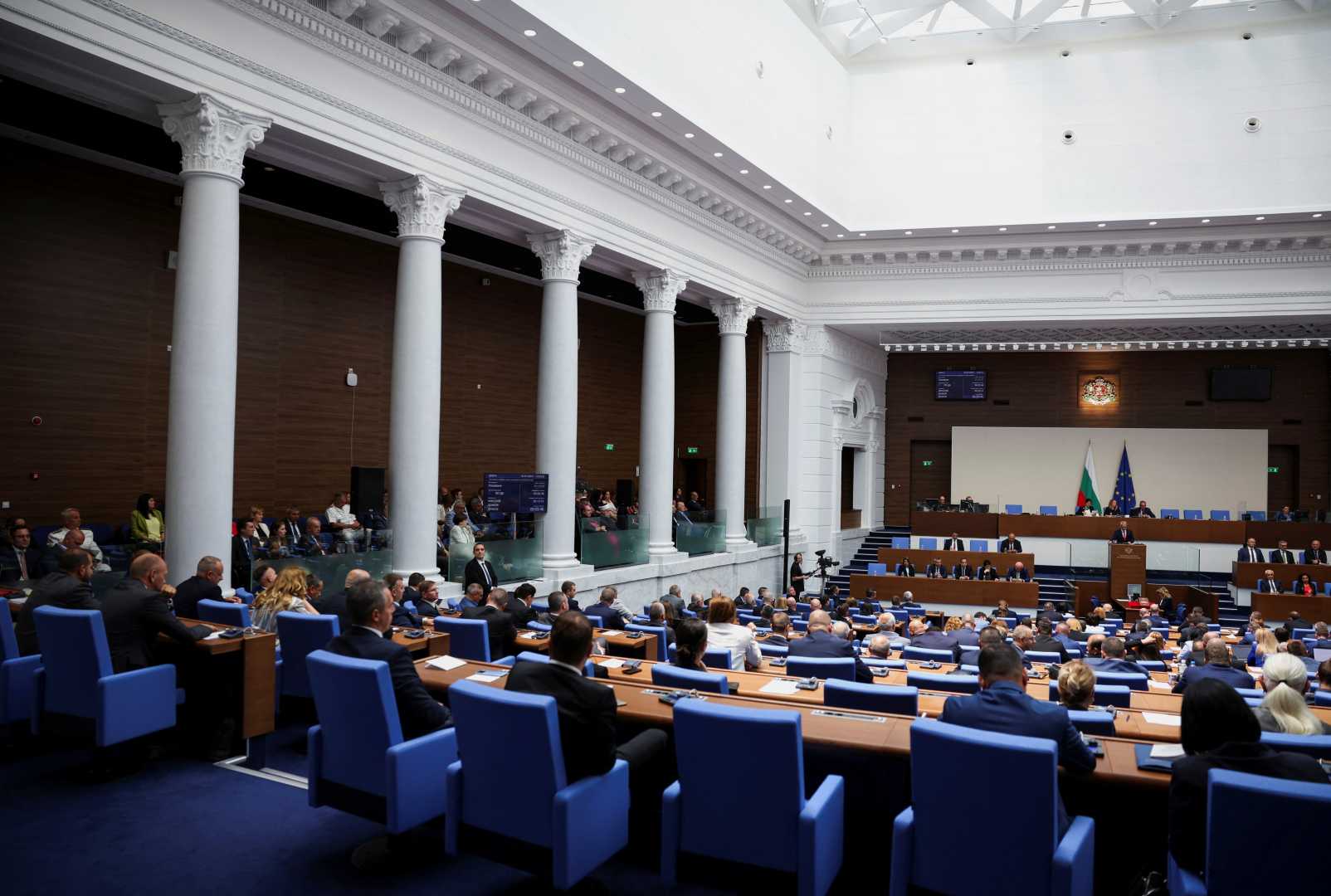Politics
Bulgarian Government Survives No-Confidence Vote Amid Corruption Claims

SOFIA, Bulgaria — The Bulgarian government, headed by Prime Minister Rosen Zhelyazkov, successfully navigated a no-confidence vote on April 17, 2023, despite significant criticism from the opposition regarding its handling of corruption.
The no-confidence motion was spearheaded by the populist MECh party and received support from lawmakers from the Vazrazhdane and Velichie parties. However, the motion failed to achieve the necessary majority, with 72 votes in favor and 130 against, according to the Bulgarian News Agency (BTA).
For the motion to have passed, it required the backing of more than half of the 240-seat parliament. The outcome indicates a degree of stability for Zhelyazkov’s government, as it remains in office despite ongoing allegations regarding its effectiveness in combating entrenched corruption.
In a statement following the vote, Zhelyazkov expressed gratitude to his supporters, stating, “Today’s vote reaffirms our commitment to serving the people of Bulgaria and addressing their concerns.” The Prime Minister indicated that his government would continue to prioritize anti-corruption measures.
The opposition parties, however, expressed disappointment and vowed to keep pressing for accountability. A spokesperson from the MECh party commented, “This vote is a setback for democracy in Bulgaria. We will not stop our fight against corruption.” The ongoing political tensions reflect deep divisions within the Bulgarian parliament, as the country grapples with issues of governance and accountability.
Corruption remains a significant concern in Bulgaria, often cited by various watchdog organizations as a barrier to the country’s political and economic development. As the government seeks to push ahead with reforms, the recent vote indicates that opposition parties are likely to continue their scrutiny and challenge Zhelyazkov’s administration.
The political landscape in Bulgaria is characterized by an evolving dynamic, especially as public concerns about corruption persist. How the government addresses these challenges in the coming months will be closely monitored by both lawmakers and citizens alike.












